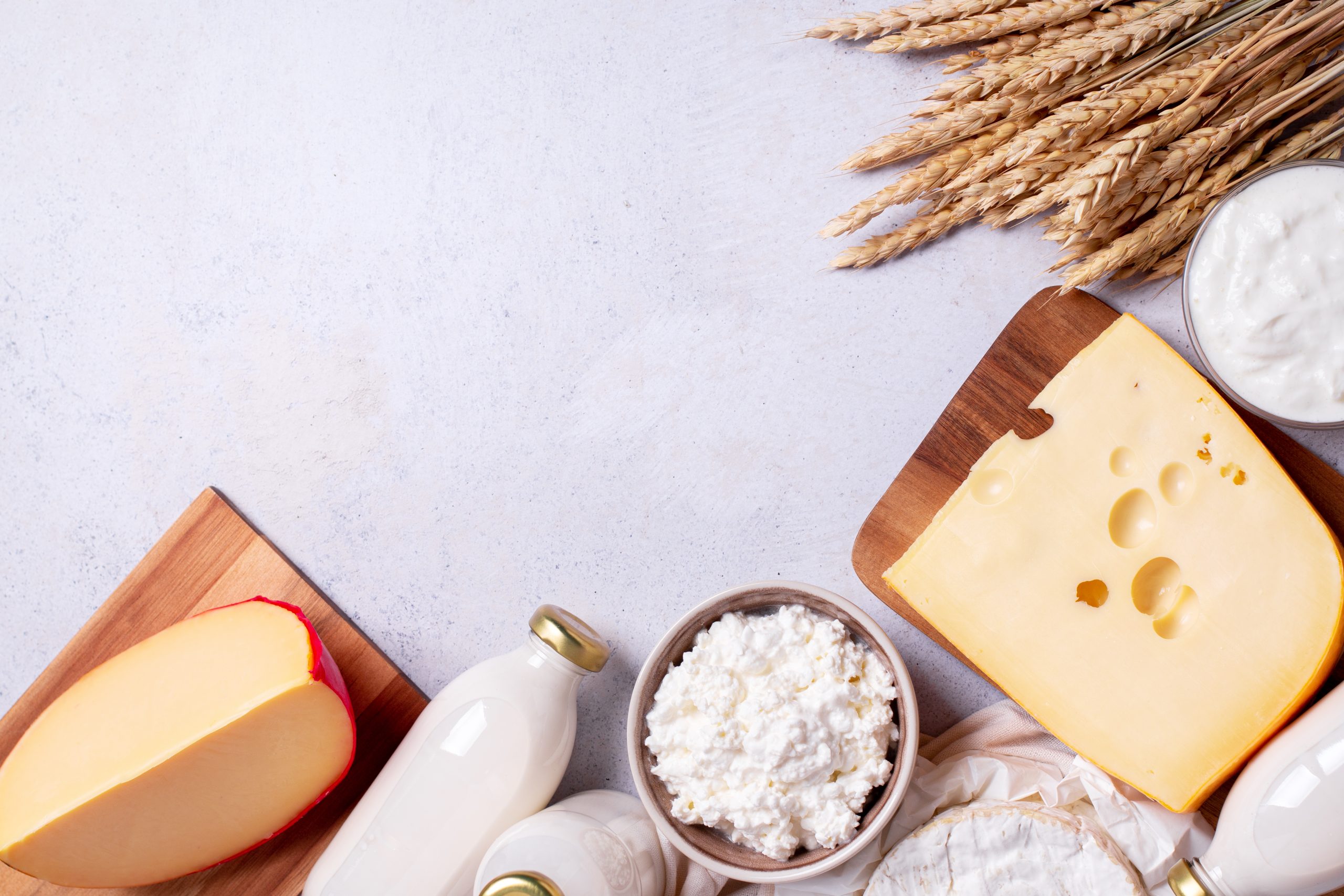שלשת ימי הגבלה
(Tuesday-Thursday)
- The שלשת ימי הגבלה are the 3 days before שבועות, which are a preparation for מתן תורה.
- The restrictions of no music, no haircuts, etc., for those who keep the “2nd half of ספירה”, end on Tuesday morning.
- תחנון is not recited from ראש חודש סיון through ח’ סיון or, according to some, יב’ סיון.
ערב שבועות – Thursday
- An עירוב תבשילין is made for the home.
- Do not begin a seuda of bread from זמן מנחה קטנה, which is 2.5 seasonal hours before שקיעה.
- Some have a מנהג to immerse in the Mikvah.
ליל שבועות – Thursday night
- מעריב: Daven the יום טוב מעריב after צאת הכוכבים, when the 3 stars come out, so that the seven weeks of ספירה will be תמימות, complete.
- Some people have a מנהג to eat a milchige seuda at one or more of the סעודות of יום טוב. Others start their meal with milchigs and switch over to fleishigs. Yet others make קידוש in the morning and eat milchigs, and then eat a regular fleishige seuda.
- In general, after eating milchigs, one should eat a pareve food item and drink, then rinse his hands before eating fleishigs.
- There is a מנהג to stay awake learning תורה the entire night.
Shavuos 1st day – Friday morning
- One who stays awake the entire night may continue learning past עלות השחר, even without reciting new ברכות התורה.
ברכות השחר: There is a שאלה, a question, whether someone who stays awake the entire night recites ברכות השחר in the morning or not. The specific procedure is as follows:
- על נטילת ידים: Use the bathroom, then wash negel vasser and recite the ברכה.
- אשר יצר: Recite after using the bathroom.
- על מצות ציצת: It is best to be יוצא the ברכה from someone who is reciting a ברכה on his טלית גדול.
- ברכות התורה: One who napped in the afternoon may recite ברכות התורה. If one did not nap in the afternoon, then it is best for him to be יוצא from someone who slept. If he cannot, then he may recite the ברכות by himself.
- אלקי נשמה & המעביר שנה: One should not recite these ברכות. If he can, he should be יוצא from someone who slept at night.
- The rest of ברכות השחר: One may recite.
- Daven the שבת פסוקי דזמרה.
- Daven the weekday ברכות קריאת שמע.
- Daven the Yom Tov שמונה עשרה.
- Recite the complete הלל.
- When taking out the ספרי תורה, say the יג’ מדות and רבש”ע before בריך שמיה.
- Prior to leining, the בעל קורא recites אקדמות, which is a special poem praising Hashem, the תורה, and the בני ישראל.
- The תורה leining is about קבלת התורה in פרשת יתרו.
- Those who stand during the עשרת הדברות should stand from the beginning of the עליה.
- The הפטרה leining is about the מעשה המרכבה in ספר יחזקאל, which speaks about the מלאכים. Some have a מנהג to stand during the leining of this special הפטרה.
- In מוסף, the כהנים recite ברכת כהנים.
- Daven the יום טוב מנחה.
Shavuos 2nd night – Friday night
- Many people have a מנהג to make an early שבת.
- Daven a shortened קבלת שבת.
- Daven the יום טוב שמונה עשרה, adding the שבת words and phrases.
- Recite the יום טוב קידוש, adding the שבת words and phrases.
- Even on the 2nd night recite שהחיינו.
Shavuos 2nd day – Shabbos morning
- Daven the שבת פסוקי דזמרה.
- Daven the ברכות קריאת שמע of שבת. (הכל יודוך and קל אדון).
- Daven the יום טוב שמונה עשרה, adding the שבת words and phrases.
- Recite the complete הלל.
- After הלל, most shuls have a מנהג to lein מגילת רות.
- The Torah leining begins at עשר תעשר.
- A few פסוקים into the הפטרה, the one who reads the הפטרה sings the song of יציב פתגם.
- Before מוסף, people who have lost a parent recite יזכור. Those who are fortunate to still have both parents exit the shul.
- Daven the יום טוב מוסף, adding the שבת words/phrases/paragraphs.
- In מוסף, the כהנים recite ברכת כהנים. On שבת do not say the תפלות of רבונו של עולם and יהי רצון.
Shavuos 2nd day – Shabbos afternoon
- מנחה: Daven the יום טוב שמונה עשרה, adding the שבת words and phrases.
- Lein 3 עליות in the beginning of פרשת נשא.
- Eat the regular סעודת שלישית.
- נעילת החג: Some people have a מנהג to combine the סעודה שלישית as נעילת החג, a gathering to “lock in” the יום טוב.
מוצאי יום טוב
At מעריב:
- Daven the regular weekday מעריב.
- Add אתה חוננתנו.
- ויהי נועם is recited as usual.
- Recite the usual havdalah; בשמים and a flame are used.

